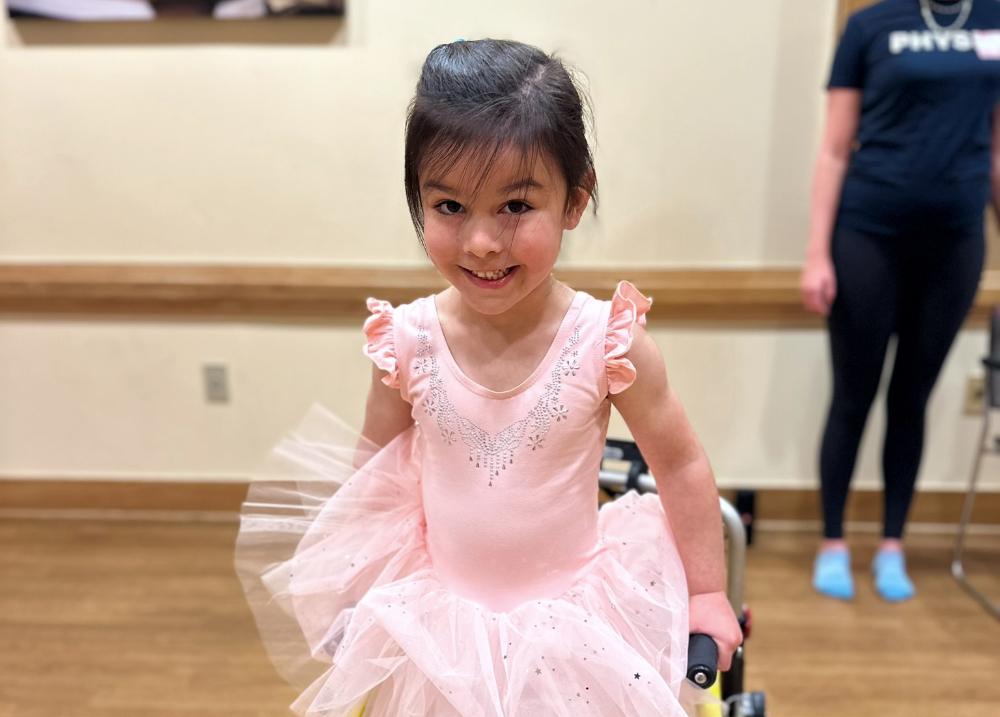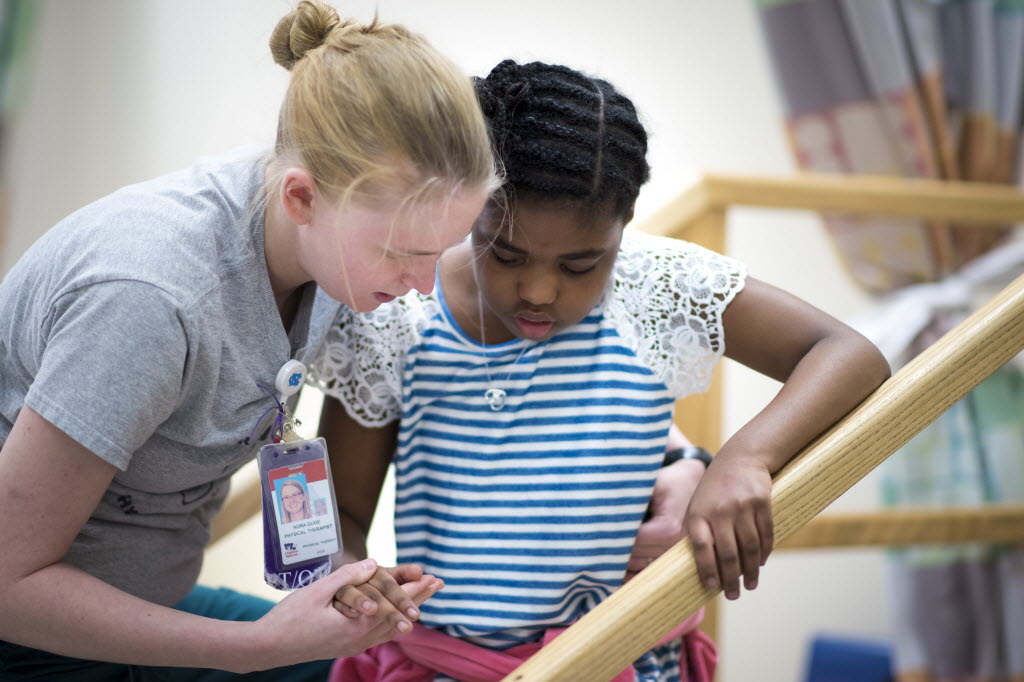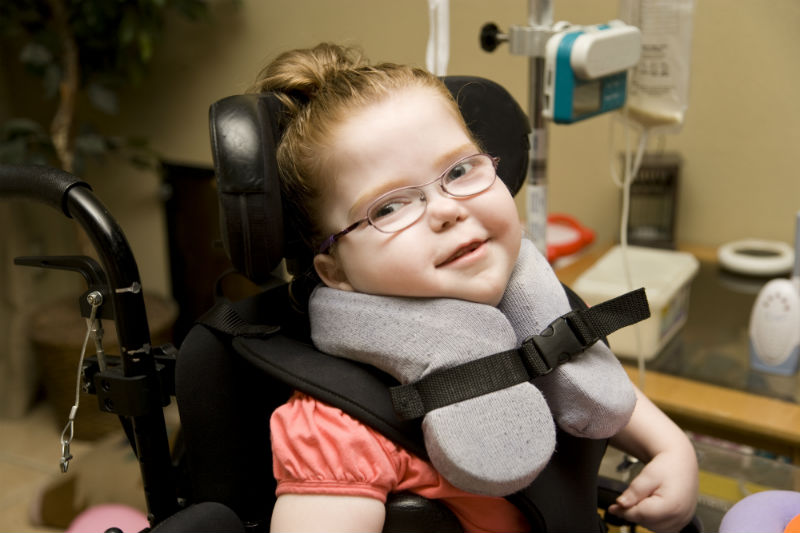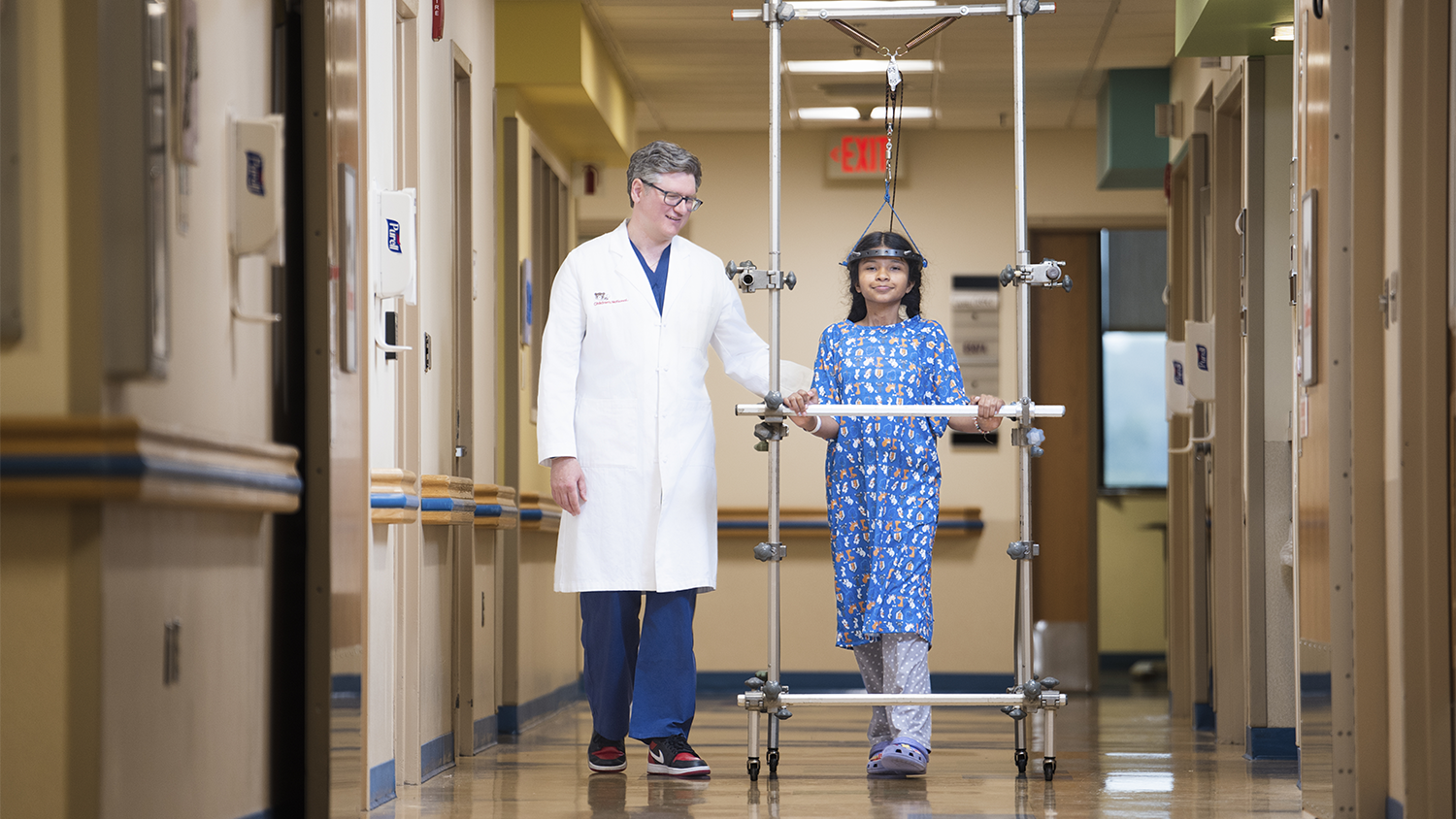Condition
Pediatric Cerebral Palsy
What You Need to Know
Cerebral palsy is a brain disorder that causes problems with normal motor function. It affects body movement, muscle control, coordination, reflexes, posture and balance.
Key Symptoms
Symptoms of cerebral palsy may include:
- Muscle weakness
- Poor motor control
- Shaking (spasticity) of the arms or legs
- Stiff legs
- Clenched fists
Diagnosis
Doctors typically diagnose cerebral palsy by:
- Nervous system exam
- MRI
- Feeding studies
- Electroencephalogram (EEG)
- Gait lab analysis
- CT scan
Treatment
Cerebral palsy is a lifelong condition that doesn't have a cure. Treatment may be needed to manage problematic side effects of the disease. This may include:
- Rehabilitation
- Positioning aids
- Braces and splints
- Medication
- Surgery
Schedule an Appointment
Our pediatric specialists provide personalized care for your child’s physical, mental and emotional health needs. Meet our providers and schedule an appointment today.
Frequently Asked Questions
What is cerebral palsy in children?
What causes cerebral palsy in children?
Which children are at risk for cerebral palsy?
What are the symptoms of cerebral palsy in children?
How is cerebral palsy diagnosed in children?
How is cerebral palsy treated in a child?
What are possible complications of cerebral palsy in a child?
How can I help prevent cerebral palsy in my child?
How can I help my child live with cerebral palsy?
When should I call my child’s healthcare provider?
Meet the Providers Who Treat Cerebral Palsy
Departments that Treat Cerebral Palsy
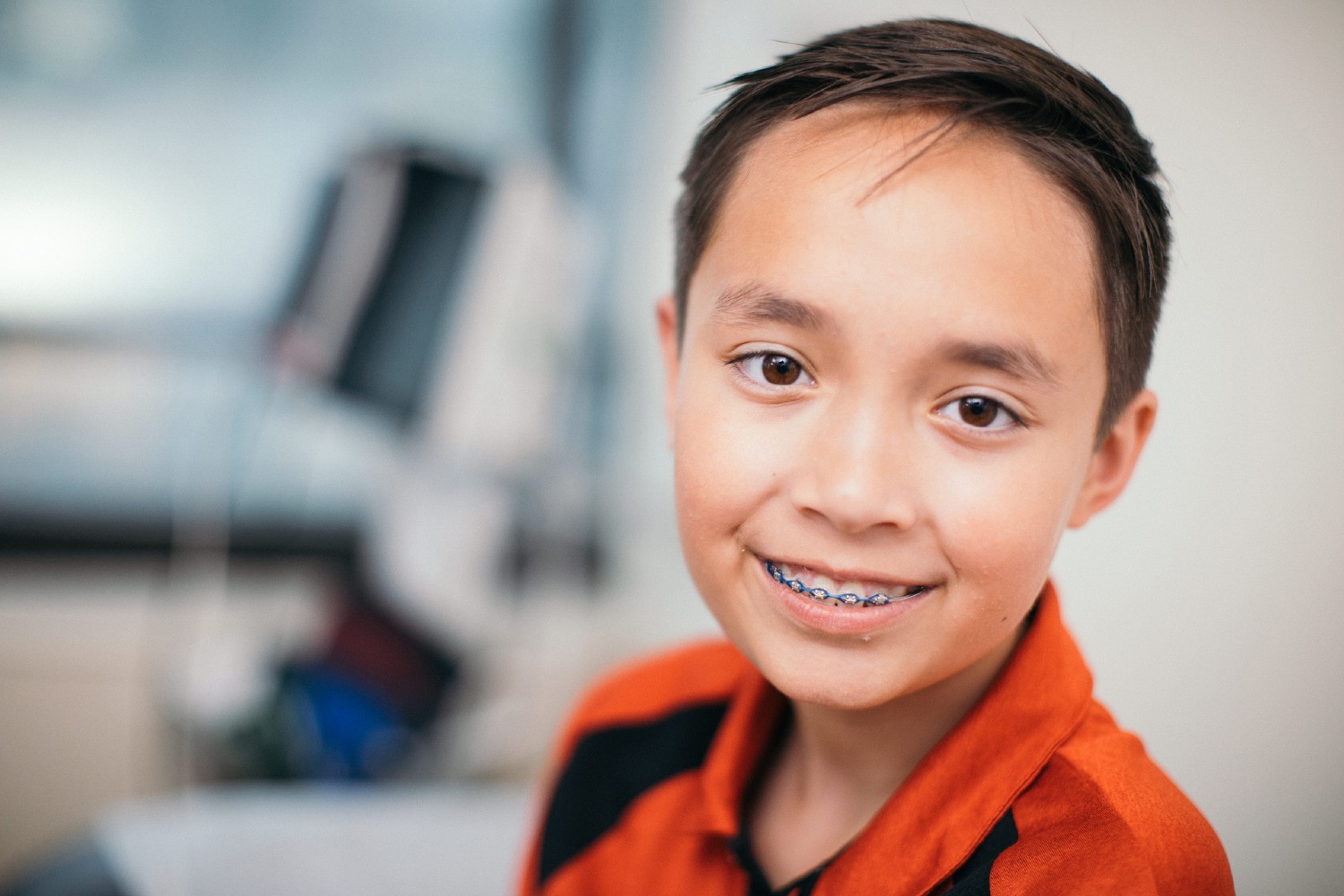
Salivary Gland Disorders Program
The Salivary Gland Disorders Program at Children’s National provides expert care for kids with salivary gland issues affecting oral and facial muscle control. Our specialists offer advanced diagnosis and personalized treatment to restore comfort and function.

Help Kids and Make a Difference
Invest in future cures to help children have brighter futures.








